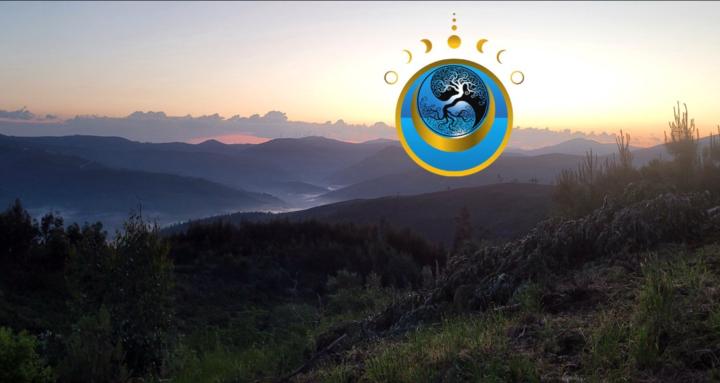Aug 9 • General discussion
Free Will: A Non-Dual Perspective
This deep and often challenging topic gets to the heart of spiritual understanding. The post you provided offers a great starting point, using the insights of Sri Ramana Maharshi and Albert Einstein to question our conventional understanding of free will. Let's elaborate on this from a non-dual perspective, exploring why this view can be profoundly liberating, far from being a source of despair.
The Conventional View vs. The Non-Dual View
Most of us operate under the assumption that we are a separate "self" or ego, a conscious agent who makes choices and directs actions. We believe we have a "free will" that allows us to choose between options, and that we are the authors of our lives. This view, while deeply ingrained, is the source of much of our suffering. When things go well, we take credit, fueling our ego. When they go wrong, we blame ourselves or others, leading to guilt, shame, and resentment.
The non-dual view, however, challenges this fundamental assumption. Non-duality, or Advaita Vedanta, points to the ultimate reality of a single, indivisible consciousness. From this perspective, there is no separate "me" to have free will. The sense of being a separate agent, the one who chooses, is an illusion.
Sri Ramana and the Investigation of "I"
Sri Ramana's statement, "Everything is predetermined," isn't meant to be a fatalistic decree. It's a pointer to a more profound truth that can only be realised through self-inquiry. When asked about free will, he often redirected the questioner to investigate the one asking. "Who is it that has free will?" he would ask. By investigating the source of the "I" thought, one realises that this separate "I" is a construct, a thought-form, not a solid, independent entity.
If there is no separate "I," then who is there to have free will? Actions happen, thoughts arise, and the body-mind complex functions, but no separate entity directs the show. The sense of authorship, of being the one who "wills" an action, is seen as a kind of cosmic misattribution.
Einstein and the Dance of the Universe
Einstein’s quote beautifully complements this idea. He speaks of a "mysterious tune" and an "invisible piper." This isn't just a metaphor for scientific determinism, but can also be seen as a poetic description of the non-dual reality. The "piper" is not an external god or a force outside us. The piper is the totality of existence, the one consciousness playing itself out through every form, every thought, every action.
From this perspective, our lives are not a series of personal choices but a manifestation of the single, unified field of consciousness. The dance is not something we are doing; we are the dance itself. The actions of "our" lives are the universe expressing itself through this particular form.
The Liberation in Letting Go
Why would this be a source of peace and happiness, as it was for Sri Ramana? The burden of being a separate "doer" is immense. The constant pressure to make the right choices, to control outcomes, to be a "good person" is a source of endless anxiety and stress.
By letting go of the illusion of free will, we also let go of the need to take credit or blame. We cease to be the puppet master and begin to see ourselves as the puppet, an instrument through which life unfolds. This doesn't mean we become passive or apathetic. On the contrary, when the sense of being a separate doer dissolves, actions can become more spontaneous, more intuitive, and more in tune with the flow of life. There is no longer a separate "me" getting in the way.
Practical Application
So, how can we apply this? Instead of getting lost in intellectual arguments about determinism, we can turn our attention inward. Notice the sense of "I" that claims authorship. When you lift a cup of water, notice the thought "I am lifting this cup." Investigate that "I." Where is it? Can you find it?
This practice of self-inquiry can lead to a direct, experiential understanding that the sense of a separate self is a thought, not a reality. Sri Ramana's peace and contentment can begin to shine through as that illusion begins to crumble. You realise you are not the one who wills but the one who is. And in that being, there is a profound, unshakable peace.
How does the idea that "everything is predetermined" make you feel?
Anxious and powerless
Peaceful and liberated
Confused or sceptical
It doesn't change how I live my life
3
2 comments

skool.com/shangriballa
Join our free non-dual community to connect with a global family of seekers. Discover your inner guru and integrate spiritual wisdom into your life.
Powered by





